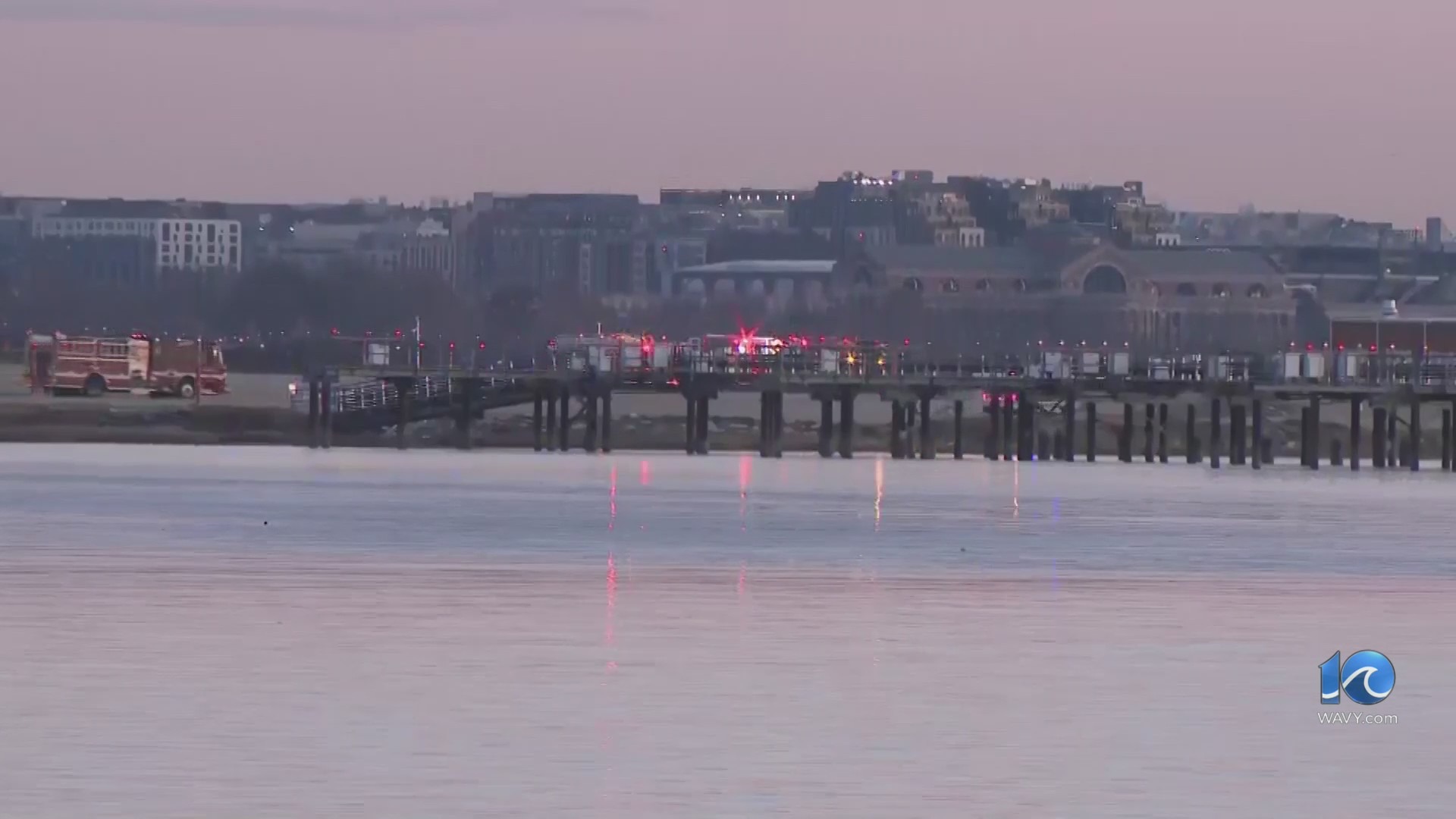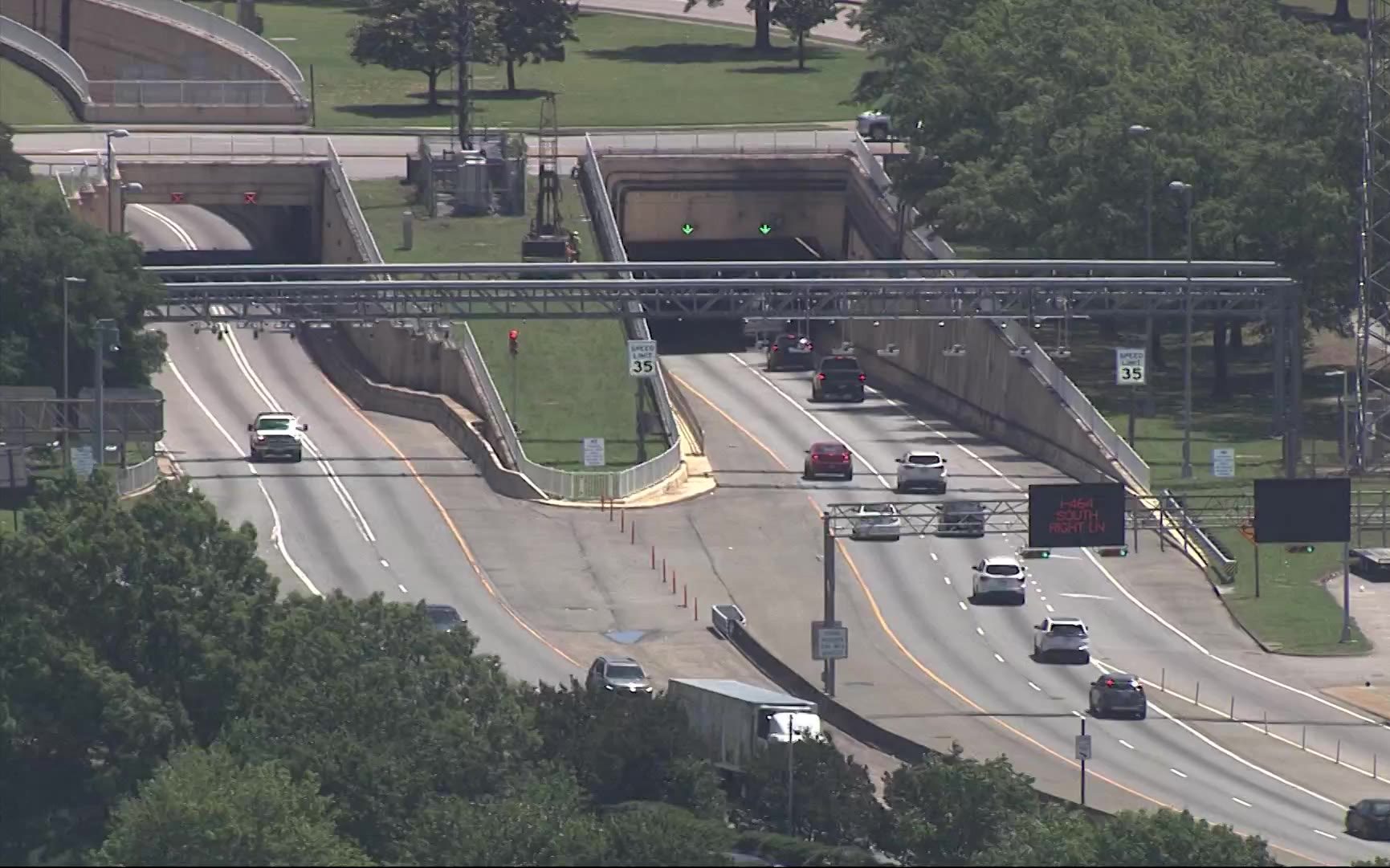ATLANTA (AP) — The man who fired more than 180 shots with a long gun at the headquarters of the U.S. Centers for Disease Control and Prevention broke into a locked safe to get his father’s weapons and wanted to send a message against COVID-19 vaccines, authorities said Tuesday.
Documents found in a search of the home where Patrick Joseph White lived with his parents “expressed the shooter’s discontent with the COVID-19 vaccinations,” Georgia Bureau of Investigation Director Chris Hosey said.
White, 30, had written about wanting to make “the public aware of his discontent with the vaccine,” Hosey said.
White also had recently verbalized thoughts of suicide, which led to law enforcement being contacted several weeks before the shooting, Hosey said. He died at the scene Friday of a self-inflicted gunshot wound after killing a police officer.
Asked about threats based on misinformation regarding the CDC and its vaccine work, FBI Special Agent Paul Brown said Tuesday: “We’ve not seen an uptick, although any rhetoric that suggests or leads to violence is something we take very seriously.”
“Although we are tracking it, we are sensitive to it, we have not seen that uptick,” said Brown, who leads the FBI’s Atlanta division.
The suspect’s family was fully cooperating with the investigation, authorities said at the Tuesday news briefing. White had no known criminal history, Hosey said.
Executing a search warrant at the family’s home in the Atlanta suburb of Kennesaw, authorities recovered written documents that are being analyzed, and seized electronic devices that are undergoing a forensic examination, the agency said.
Investigators also recovered a total of five firearms, including a gun that belonged to his father that he used in the attack, Hosey said.
Hosey said the suspect did not have a key to the gun safe: “He broke into it,” he said.
White had been stopped by CDC security guards before driving to a pharmacy across the street, where he opened fire from a sidewalk, authorities said. The bullets pierced “blast-resistant” windows across the campus, pinning employees down during the barrage. More than 500 shell casings have been recovered from the crime scene, the GBI said.
In the aftermath, officials at the CDC are assessing the security of the campus and making sure they notify officials of any new threats.
U.S. Health Secretary Robert F. Kennedy Jr. toured the CDC campus on Monday, accompanied by Deputy Secretary Jim O’Neill and CDC Director Susan Monarez, according to a health agency statement.
“No one should face violence while working to protect the health of others,” Kennedy said in a statement Saturday. It said top federal health officials are “actively supporting CDC staff.”
Kennedy also visited the DeKalb County Police Department, and later met privately with the slain officer’s wife.
A photo of the suspect will be released later Tuesday, Hosey said, but he encouraged the public to remember the face of the officer instead.
Kennedy was a leader in a national anti-vaccine movement before President Donald Trump selected him to oversee federal health agencies, and has made false and misleading statements about the safety and effectiveness of COVID-19 shots and other vaccines.
Some unionized CDC employees called for more protections. Some employees who recently left the agency as the Trump administration pursues widespread layoffs, meanwhile, squarely blamed Kennedy.
Years of false rhetoric about vaccines and public health was bound to “take a toll on people’s mental health,” and “leads to violence,” said Tim Young, a CDC employee who retired in April.



